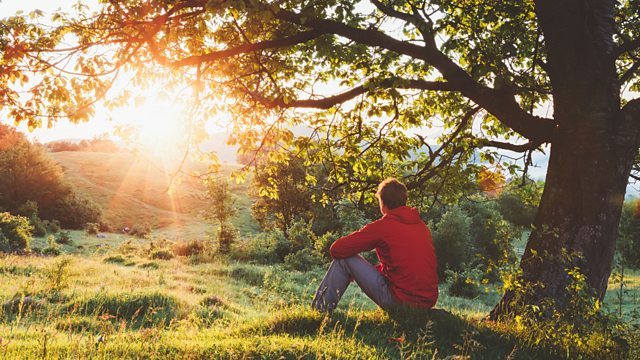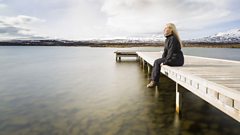Dr Krish Kandiah - 13/08/2025
Thought for the Day
We are not born afraid.
Psychologists and neuroscientists explain that babies arrive in this world with only two natural startle responses: one to falling, and the other to loud noises. Most other fears—whether of heights, failure, spiders or strangers—are learned, picked up through experience and the influence of others.
When my children were born, I felt afraid leaving them alone in their cots. I hesitated to let others hold them. I felt my stomach twist when they walked through the school gates for the first time. Even now, as I count down the days to my daughter’s wedding, I feel butterflies in my stomach.
Across the country many parents, carers and grandparents will be feeling a similar nervousness ahead of tomorrow’s A-level results. They seem so important, shaping our children’s next steps—towards university, a job, a career. But in truth, our fears are misplaced. A grade on a piece of paper does not define who our children are, nor does it dictate their future success or happiness.
A front-page story in the Mail on Sunday quoted Shadow Justice Minister, Robert Jenrick talking about the fears he has for his young daughters. He said:
"I certainly don't want my children to share a neighbourhood with men from backward countries who broke into Britain illegally, and about whom we know next to nothing."
These words echo a fear many have absorbed: fear of the stranger. It is understandable that many people are scared by the unknown. Especially if they’ve been told illegality and un fairness are part of the story.
However, after rigorous ÃÛÑ¿´«Ã½ Office assessment, the majority of people arriving in small boats are found to be genuinely fleeing war, persecution, and famine—circumstances we would never wish on our own families. The idea that they pose a greater risk to our children than those already within our communities simply isn’t supported by evidence. Most crimes against children are committed not by strangers, but by people they know—often from within their own families or neighbourhoods.
Fear, when it makes us cautious, can keep us safe. But when it makes us unnecessarily suspicious it can be dangerous, making society more fractured and fragile, and eroding the very values we want our children to experience—kindness, fairness, and open-heartedness.
Martin Luther King Jr., standing on the steps of the Lincoln Memorial, spoke not of fear, but of hope. He wanted his children to share a neighbourhood with those others considered a risk - children from all races walking hand in hand in peace.
His words, rooted in his Christian faith, echo what Jesus taught: to love our neighbour and to welcome the stranger.
Just as fear may be learned. I believe it is possible for us to learn hope, by choosing empathy over suspicion, by listening before judging, and by building bridges instead of walls.
Duration:
This clip is from
More clips from Thought for the Day
-
![]()
Rt Rev Nick Baines - 24/10/2025
Duration: 02:50
-
![]()
Rev Dr Michael Banner - 23/10/2025
Duration: 03:05
-
![]()
Rev Canon Dr Jennifer Smith - 22/10/2025
Duration: 03:02
-
![]()
Akhandadhi Das - 21/10/2025
Duration: 03:05






